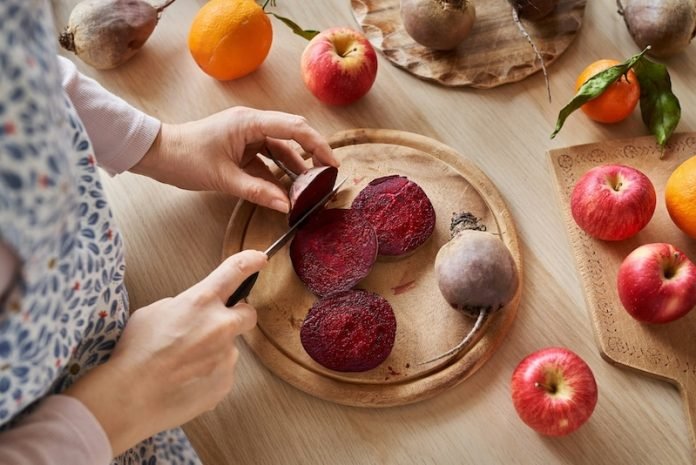
High blood pressure, or hypertension, is a common condition that affects millions globally and is a major risk factor for heart disease and stroke.
While medication and lifestyle changes are the primary treatments for managing blood pressure, some people also turn to dietary supplements as a potential aid.
This review discusses several supplements that research has shown can help control blood pressure, along with the evidence supporting their effectiveness.
Potassium
Potassium is a mineral essential for maintaining a healthy blood pressure level. It helps balance the amount of sodium in your cells, and not having enough potassium can lead to high blood pressure.
Studies, including those published in the American Journal of Physiology, have shown that increasing potassium intake through diet or supplements can reduce blood pressure in people with hypertension, particularly if they consume a lot of sodium.
Foods rich in potassium include bananas, potatoes, avocados, and spinach, but for those who find it difficult to get enough from their diet alone, supplements might be beneficial.
Magnesium
Magnesium is another mineral that plays a crucial role in blood pressure regulation. It helps blood vessels relax, which can reduce blood pressure.
A review of studies published in Hypertension found that magnesium supplementation can lower blood pressure in adults with hypertension.
Good dietary sources of magnesium include nuts, whole grains, and green leafy vegetables, but supplements are often recommended for those who have low levels of magnesium.
Coenzyme Q10 (CoQ10)
Coenzyme Q10 is an antioxidant that helps generate energy in your cells and has been studied for its potential to lower blood pressure. According to research in the Journal of Human Hypertension, CoQ10 has been shown to reduce blood pressure in patients with hypertension.
This supplement might be particularly useful for people taking statin medications, which can reduce the natural levels of CoQ10 in the body.
Omega-3 Fatty Acids
Omega-3 fatty acids, commonly found in fish oil, have significant anti-inflammatory properties and can help reduce blood pressure.
A meta-analysis of controlled trials in the American Journal of Hypertension concluded that omega-3 fatty acid supplementation could reduce both systolic and diastolic blood pressure. It’s particularly effective in individuals with hypertension and high cholesterol.
Garlic
Garlic supplements have been widely studied for their cardiovascular benefits, including blood pressure reduction. Garlic is thought to help relax blood vessels and increase the production of nitric oxide, which helps lower blood pressure.
A comprehensive review in Phytomedicine noted that garlic supplementation could be effective in reducing blood pressure in hypertensive individuals, similar to standard blood pressure medication in some cases.
Beetroot Juice
Beetroot is high in nitrates, which the body converts into nitric oxide, a compound that helps relax and dilate blood vessels, improving blood flow and lowering blood pressure. Studies, such as those published in Hypertension, have shown that beetroot juice can reduce blood pressure in the short term.
Managing Expectations
While these supplements can support blood pressure control, they should not replace prescribed medications or the dietary and lifestyle changes recommended by healthcare providers.
It’s essential to discuss any supplements with a healthcare provider, as they can have interactions with medications and may not be suitable for everyone.
Conclusion
Dietary supplements may offer additional benefits for managing high blood pressure, especially when used alongside conventional treatments. Potassium, magnesium, CoQ10, omega-3 fatty acids, garlic, and beetroot juice have all shown promise in clinical studies.
However, the effectiveness of these supplements can vary from person to person, and their use should be considered part of a broader approach to heart health that includes a balanced diet, regular exercise, and medical supervision.
If you care about high blood pressure, please read studies about unhealthy habits that may increase high blood pressure risk, and drinking green tea could help lower blood pressure.
For more information about high blood pressure, please see recent studies about what to eat or to avoid for high blood pressure, and 12 foods that lower blood pressure.
Copyright © 2024 Knowridge Science Report. All rights reserved.



